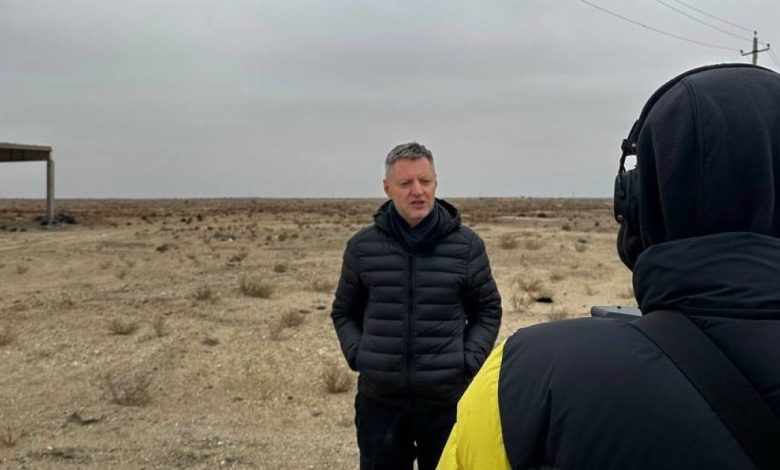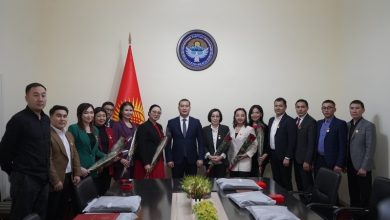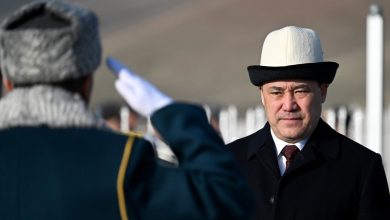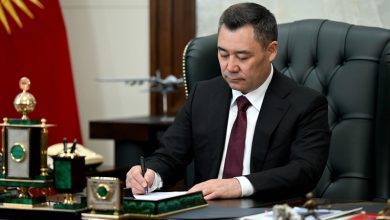Film Crew Stopped and Questioned in Autonomous Republic of Uzbekistan

On December 1, police in Karakalpakstan, the autonomous republic of western Uzbekistan, briefly detained Russian blogger and film maker Aleksei Pivovarov, three members of his film crew, and their fixer, Feride Makhsetova, a local journalist at the independent news agency Hook Report. The group was escorted to the Nukus City Police station, where police questioned the group, confiscated their flash drives, and deleted their recordings.
It’s been two-and-a-half years since security forces violently suppressed protests in Karakalpakstan. Since then, authorities have targeted independent voices, jailed Karakalpak activists, and sought extradition of Karakalpak diaspora activists on unfounded criminal charges. The group’s detention appears to fit this pattern.
The police claimed they were acting on the basis of a complaint but refused to provide any information regarding the group’s supposed wrongdoing.
The police demanded they hand over their mobile phones, despite no legal grounds to do so, and when Makhsetova asked to see a warrant, the police allegedly started shouting and behaving aggressively toward her. Makhsetova told Human Rights Watch that the police made her show them her phone’s photo gallery and asked her to delete a photograph she had taken earlier that day. They also examined her call and message history.
In a further violation of local laws, Karakalpakstan police confiscated the group’s two flash drives containing their recordings from Karakalpakstan. When they were finally returned, all of the recordings made during the visit had been deleted, Makhsetova told Human Rights Watch.
The Agency of Information and Mass Communications’ Karakalpakstan regional department issued a statement following the group’s detention saying that “foreign journalists” had been detained because they were working without accreditation, “a violation of current legislation.” But there is no such requirement for foreign bloggers or journalists unaffiliated with foreign mass media to do so. Uzbekistan’s Constitution also guarantees freedom of speech: Article 33 stipulates that “everyone shall have the right to seek, obtain, and disseminate information” and any restrictions shall be allowed “only in accordance with the law.”
Pivovarov and his crew were released without charge, but their detention and the deletion of their recordings is a clear breach of Uzbekistan’s own laws regarding freedom of speech and expression. Authorities in Uzbekistan should uphold its constitution and end the harassment of journalists and activists.





